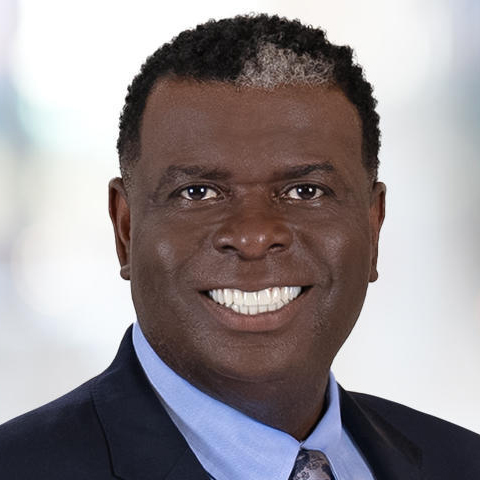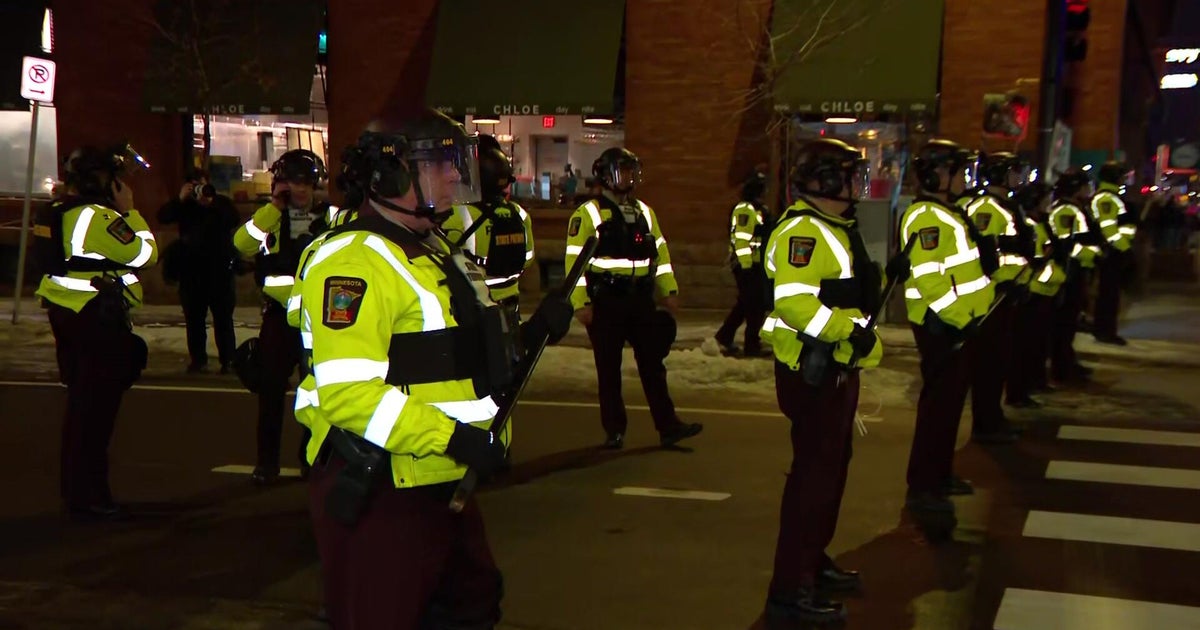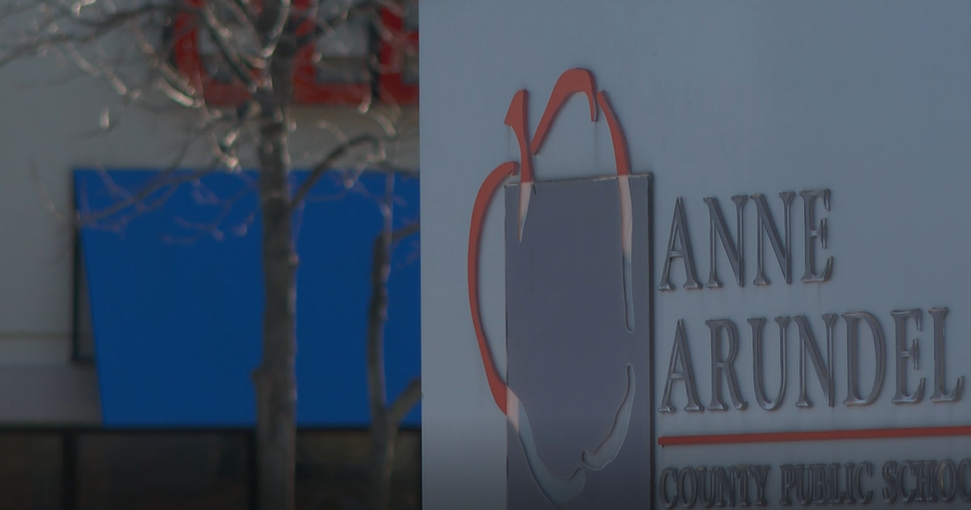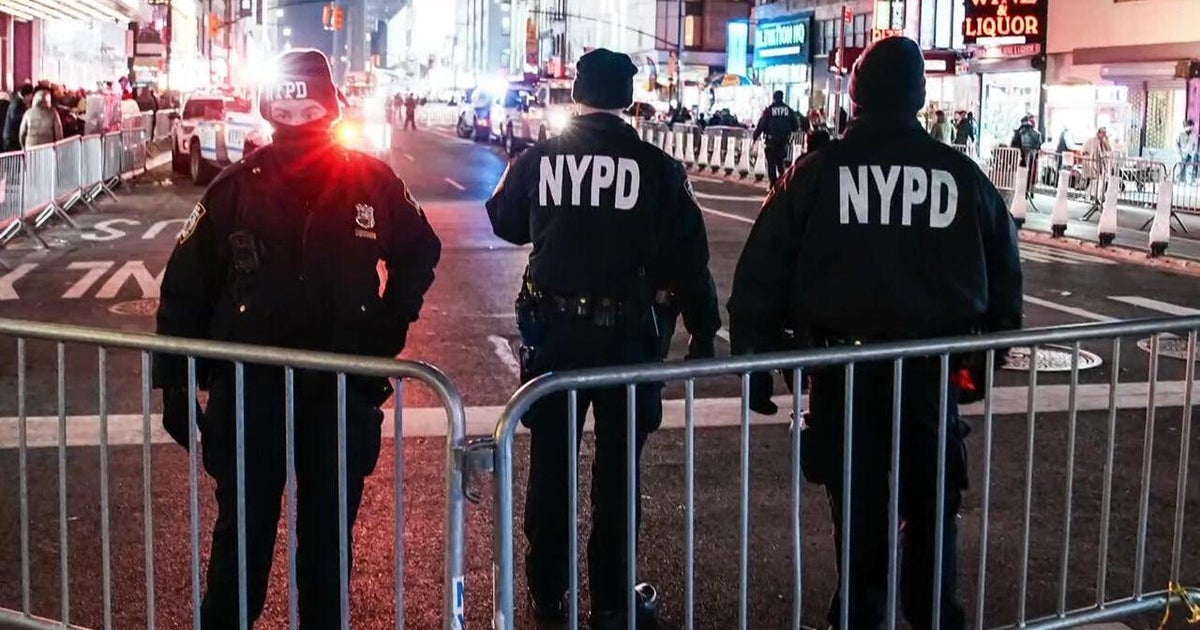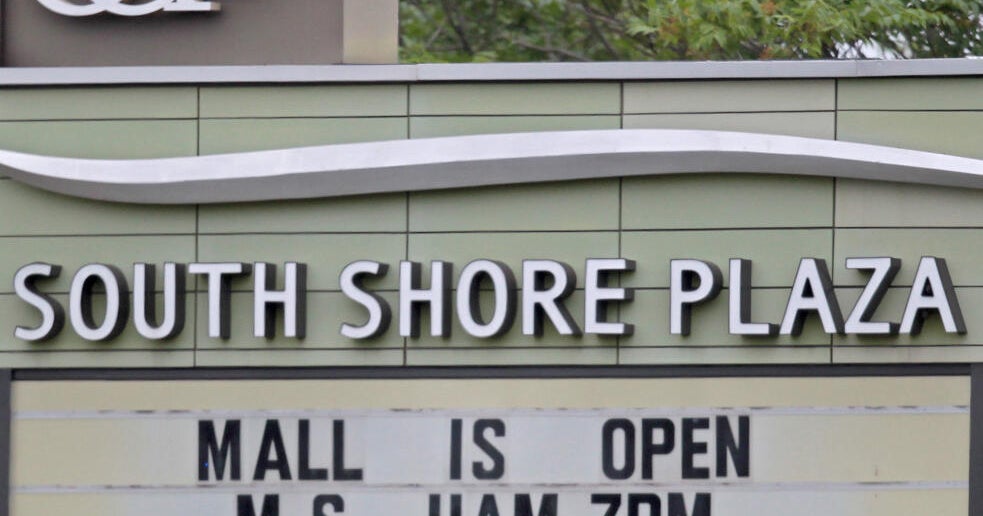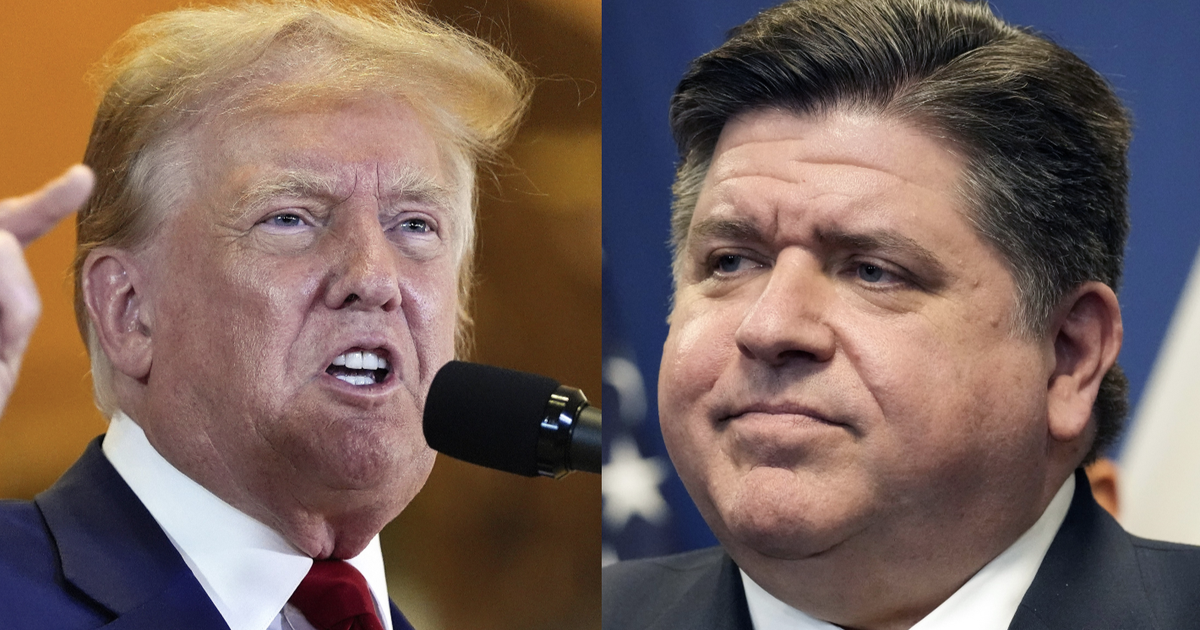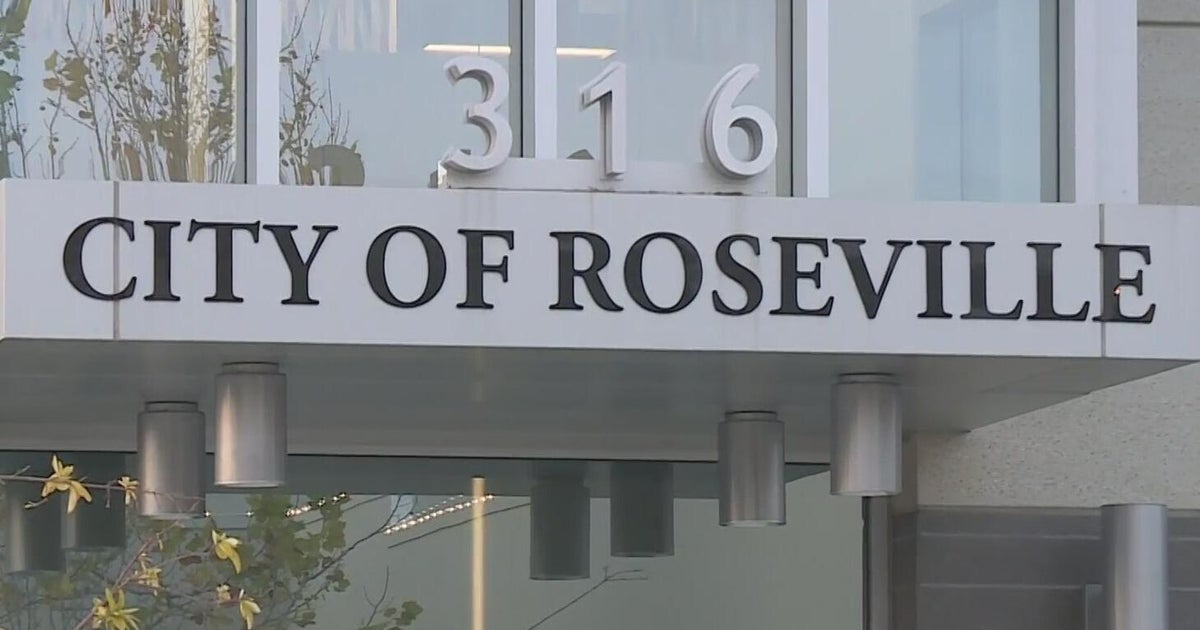Minneapolis Mayor Jacob Frey unveils $3.3B budget that would bolster police force
MINNEAPOLIS -- Minneapolis Mayor Jacob Frey proposed his biennial budget to the city council Monday morning. The mayor's proposal calls for $3.3 billion in total spending over 2023 and 2024.
Frey listed five budget priority areas: affordable housing, city capacity and performance, climate and public health, economic inclusion and public safety. Frey's police budget includes money to cover the cost of four recruit classes that could bring in 160 officers each year.
"Recently the Minnesota Supreme Court reaffirmed what we already know: our city needs more police officers," Frey said. "I've been pushing an aggressive plan for recruitment and retention to rebuild our officer ranks as well as strengthen community trust in the Minneapolis Police Department."
The budget includes funding for 731 sworn Minneapolis Police Department officers in 2023, 835 in 2024, as well as $8.6 million for overtime and $1.5 million for contracting help from other law enforcement agencies. The budget includes more than $195 million in expenses for the police department in 2023, and $196 million in 2024.
The budget also reserves $5 million over the next two years to prepare for a consent decree resulting from investigations into the city's policing by both the Minnesota Department of Human Rights and the Department of Justice.
Millions will also be dedicated to the newly-created Department of Neighborhood Safety, which will be overseen by newly appointed Commissioner Cedric Alexander.
"We need to be thinking about the future of our safety services at the same time the office of community safety goes way beyond policing," Frey said.
Over the next two years, about $4.4 million will go towards the city's Behavioral Crisis Response program, an alternative, unarmed team that responds to mental health crisis calls.
Frey's budget would put $18 million in the Affordable Housing Trust Fund in both 2023 and 2024, and invest another $2.7 million into the Minneapolis Public Housing Authority.
About $8 million of the proposed biennial budget will go to improving roads, trails and 311 response (minor cleanup jobs such as concrete repair and litter pickup).
The proposal would also bring back 50 full-time city employees by 2024, which Frey's office said would match pre-pandemic staffing levels.
On the public health front, Frey proposed $600,000 to treat opioid addiction and $300,000 for access to abortion care in the city. Half a million would go to "help businesses reduce environmental pollution through solar energy and weatherization projects," Frey's office said. Another $700,000 would add more electric vehicle charging stations to the city.
Two areas of the city would receive investments for economic development -- 38th Street, which would benefit from one-time funding of a "multi-tenant small business and event center," and West Broadway, which would receive $1 million in investment for a project from the Black Women's Wealth Alliance.
"Behind this budget is the well-intentioned goal to make our city better, now. To make our city safer, now. To make our city more prosperous, now," Frey said. "We are poised for take-off. The flight will be bumpy, and we may need to reassess and take some detours along the way. But there will be no dispute we are moving in the right direction. Here and now."
To cover the cost of his spending plan, Frey is hoping on a property levy increase of 6.5% in 2023 and a 6.2% increase in 2024.
The Minneapolis City Council will now begin several months of negotiations to finalize and approve the budget.
To see the full budget proposal, click here.
